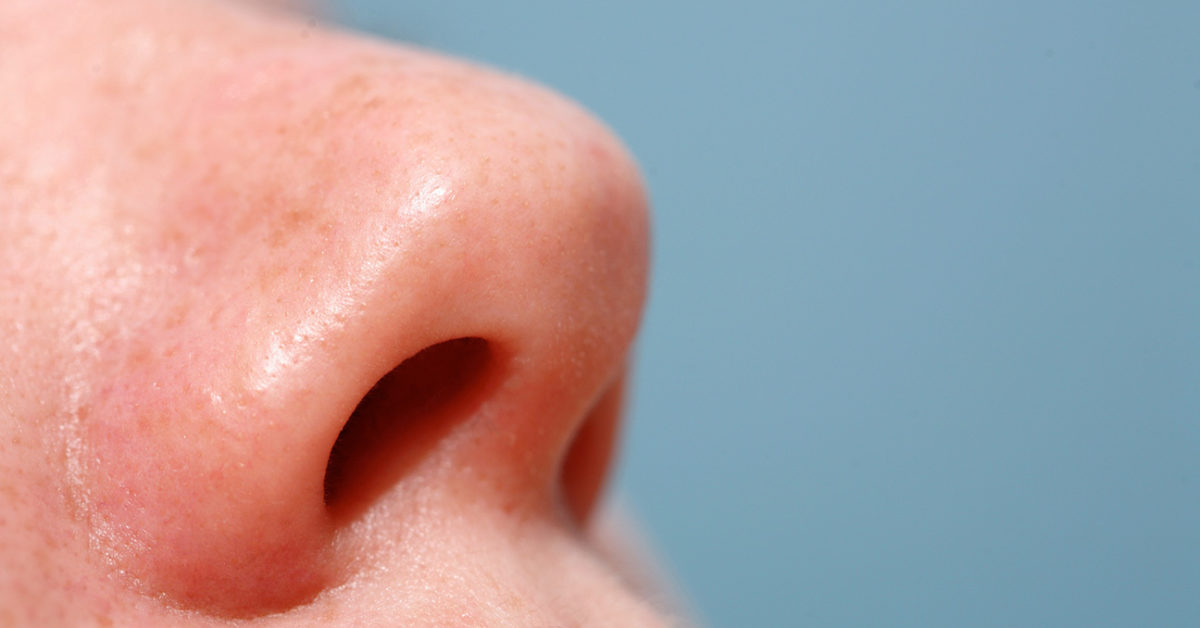A bacterial strain adapted to life in our noses may help prevent the painful, chronic inflammation of sinusitis. This discovery could lead to the development of a probiotic nasal spray to treat the condition.

“Friendly bacteria” from the genus Lactobacillus are known to have beneficial effects in the gut, genital tract, and skin, where they protect against infection and modify immune responses.
Lactobacilli are rod-shaped bacteria that ferment sugar, producing lactic acid as a byproduct, which can inhibit the growth of other microorganisms. This type of bacteria usually prefers to grow in conditions with either no oxygen or tiny amounts.
Little is known, however, about the potential benefits of Lactobacilli that live in our noses.
Now, research in the journal Cell Reports suggests that a strain of Lactobacillus adapted to living in the nose could protect against chronic rhinosinusitis.
Also known as sinusitis, this painful condition results from inflammation of the sinuses and nasal cavity, and 1 in 8 adults in the United States experience symptoms.
Senior study author Prof. Sarah Lebeer, of the University of Antwerp, in Belgium, previously studied gut and vaginal probiotics.
Probiotics are “live microorganisms which, when administered in adequate amounts, confer a health benefit on the host.”
Prof. Lebeer became interested in bacterial communities in the nose when her mother underwent surgery for recurrent headaches and chronic rhinosinusitis. “My mother had tried many different treatments, but none worked. I was thinking it’s a pity that I could not advise her some good bacteria or probiotics for the nose,” says Prof. Lebeer. “No one had ever really studied it.”
The professor of applied microbiology and biotechnology and her team began by comparing nasal bacteria from 100 healthy people with samples from 225 people with chronic rhinosinusitis.
Using sensitive genetic sequencing methods, the researchers discovered that the healthy people had up to 10 times more Lactobacilli in some parts of their noses.
The team then identified strains of bacteria only found in the healthy subjects.
To rule out any that could have originated in fermented foods or commercial probiotics, the scientists look

